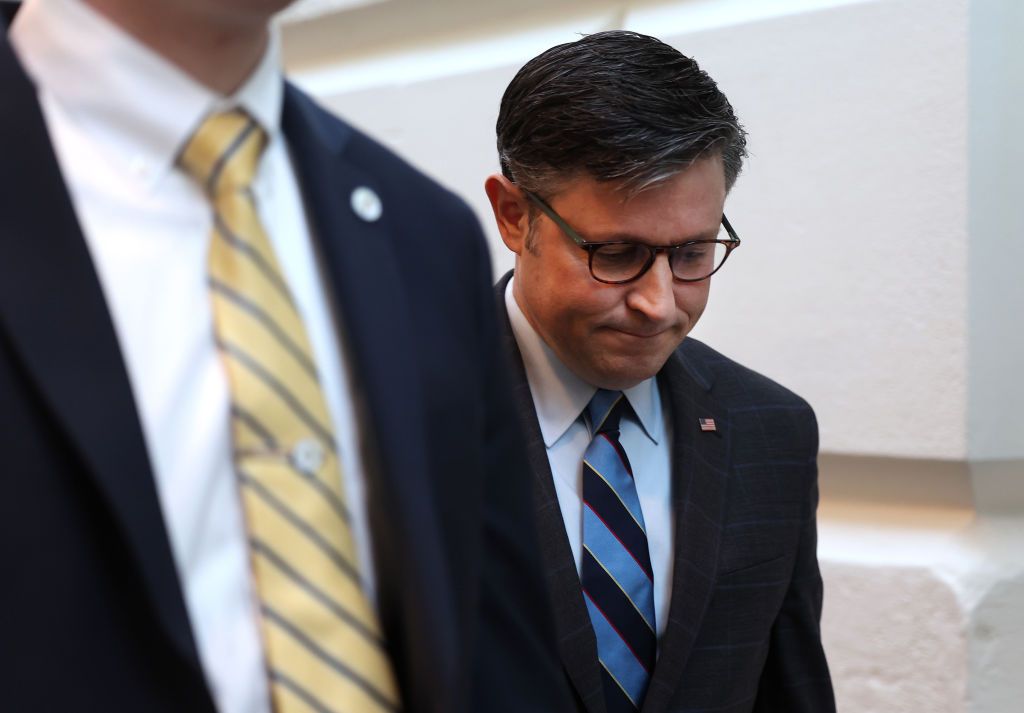this request, Johnson repeatedly stalled on holding a vote, despite mounting pressure from both Democrats and Republicans. However, a meeting between Ukrainian President Volodymyr Zelensky and Johnson in December seemed to have a significant impact on the speaker’s decision to finally allow a vote on the aid package. Zelensky reportedly provided Johnson with a deadline for how long Ukraine could hold off Russian attacks without American support, prompting Johnson to take action. Additionally, Johnson’s national security adviser emphasized the strategic importance of supporting Ukraine in countering the influence of Russia, China, and Iran.
The delay in approving the aid package had put a heavy strain on Ukrainian defenders, as they struggled to fend off Russian attacks without essential American military assistance. The bills for the aid package were finally approved by both chambers of Congress and signed by President Joe Biden, thereby restoring the flow of support to Ukraine. The shift in Johnson’s decision to hold a vote on the aid package after months of delays raised questions about the motivations behind his actions. While Politico reported on the influence of the meeting between Zelensky and Johnson, the speaker himself downplayed its impact on his decision-making process.
The debate on the real motivations behind Johnson’s shift in allowing a vote on Ukraine aid continues, as there may have been multiple factors at play. The meeting with Zelensky and the deadline provided by the Ukrainian President seemed to have pushed Johnson towards action. Additionally, the strategic importance of supporting Ukraine in countering the influence of rival nations like Russia, China, and Iran may have played a significant role in Johnson’s decision. It remains unclear whether there was one decisive factor that led to the approval of the aid package, but the restoration of American military assistance to Ukraine was a crucial development in the ongoing conflict with Russia.
Overall, the approval of the $61 billion aid package for Ukraine signified a significant shift in U.S. support for the country in its ongoing struggle against Russian aggression. The delays in passing the aid package had created challenges for Ukrainian defenders, who relied on American military assistance to fend off Russian attacks. The meeting between President Zelensky and Speaker Johnson, along with the strategic importance of supporting Ukraine in countering rival nations, played a key role in influencing Johnson’s decision to finally allow a vote on the aid package. The restoration of American support to Ukraine was a crucial development in the efforts to bolster the country’s defense capabilities and withstand Russian aggression.















